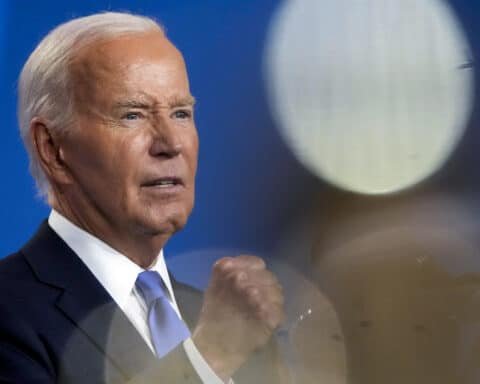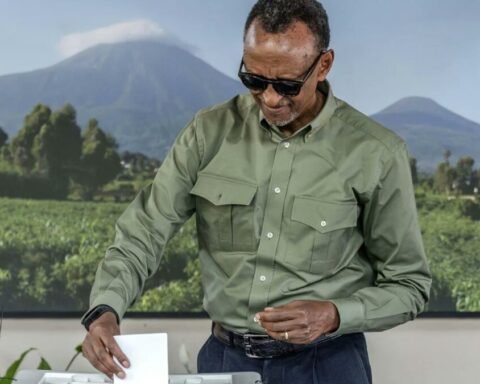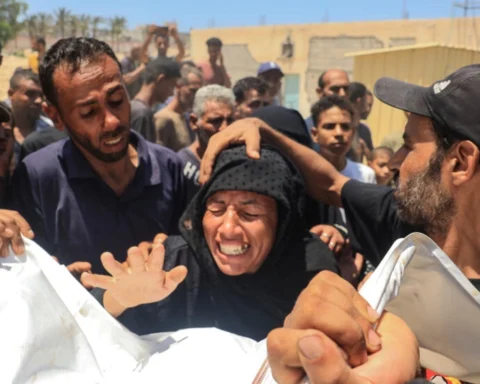UNITED KINGDOM- As Zanu-PF prepares to hold its extra ordinary congress set to take place this week, the army have reportedly been harassing ordinary Zimbabweans asking for proof of registration to vote in next year’s election.
Questions have been raised over whether the country will be able to hold free and fair elections following the army’s facilitation of Emmerson Mnangagwa’s rise to the presidency.
Zimbabwean academic and author Ibbo Mandaza says reports of soldiers asking civilians to produce proof of registration to vote in the election should act as a red flag on whether the process will be free and fair.
Following the resignation of former president Robert Mugabe, Mnangagwa promised Zimbabweans that elections will take place as planned in his inauguration speech.
But Mandaza says he fears the army may interfere in the 2018 polls.
“We may end up in command election, which means soldiers actually regimenting people for both registration and the election itself.”
The Zanu-PF is expected to ratify the decision to make Mnangagwa party leader and preferred candidate for the presidency.
FIRST MEETING
Zimbabwe’s ruling party bosses kicked off their first meeting of the post-Mugabe era on Wednesday with many Zimbabweans keen to know who Mnangagwa will appoint as his two deputies and whether they will mark a break with the country’s old guard.
Mnangagwa, a Mugabe loyalist for decades, whose sacking as vice-president triggered the 93-year-old’s removal by the military after 37 years in power, was sworn in as president last month. He will be confirmed as Zanu-PF party leader at a special one-day congress on Friday.
Zanu-PF party spokesperson Simon Khaya Moyo has said that Mnangagwa will choose his deputies either this week or later. A second vice-president, Phelekezela Mphoko, who was seen aligned to the G40 party faction allied to Mugabe and his much younger wife, Grace, has already been sacked from the party and his post.
Party and government officials have refused to comment on speculation in privately-owned newspapers and on social media that Mnangagwa is likely to appoint military chief General Constantine Chiwenga as one of his deputies as a reward for spearheading the de facto coup that ended Mugabe’s rule.
The new president has been criticised by some Zimbabweans and opposition parties for appointing former air force commander Perrance Shiri as agriculture minister and General Sibusiso Moyo as foreign and international trade minister rather than bringing in younger candidates less associated with the Mugabe era.
Mnangagwa made no comments to the media ahead of the closed-door politburo meeting on Wednesday at which Finance Minister Patrick Chinamasa and Shiri will report on the party’s economic and agricultural plans.
He has vowed to focus on reviving the struggling economy and creating jobs. Once seen among Africa’s most promising economies, Zimbabwe has an unemployment rate exceeding 80%.








